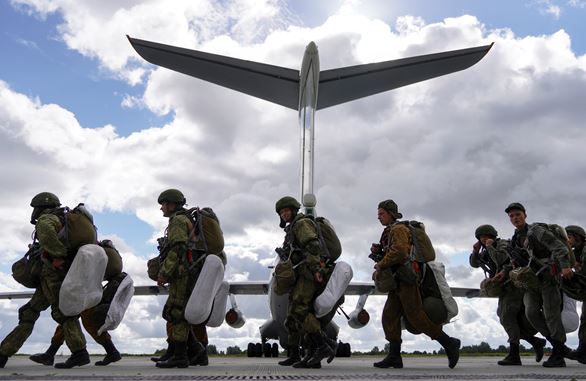SITREP – Putin’s Threats – A Discussion Among Four Generals and an Economist
September 21, 2022

What has Happened: Earlier today, Russian President Vladimir Putin announced a partial mobilization of 300,000 additional Russian troops that could be deployed to fight in Ukraine. Putin used strong rhetoric framing the Ukraine conflict as the West’s attack on Russia and that the high-tech weaponry and support provided to Ukraine “crossed all lines” making Putin’s mobilization “necessary and urgent.” Putin threatened to utilize “various means of destruction (where) some components are more modern than those of the NATO countries” – alluding to Russia’s nuclear capabilities. Putin reiterated that his top priority is “liberating” Ukraine’s eastern Donbas region and voiced his ... SITREP – Putin’s Threats – A Discussion Among Four Generals and an Economist


